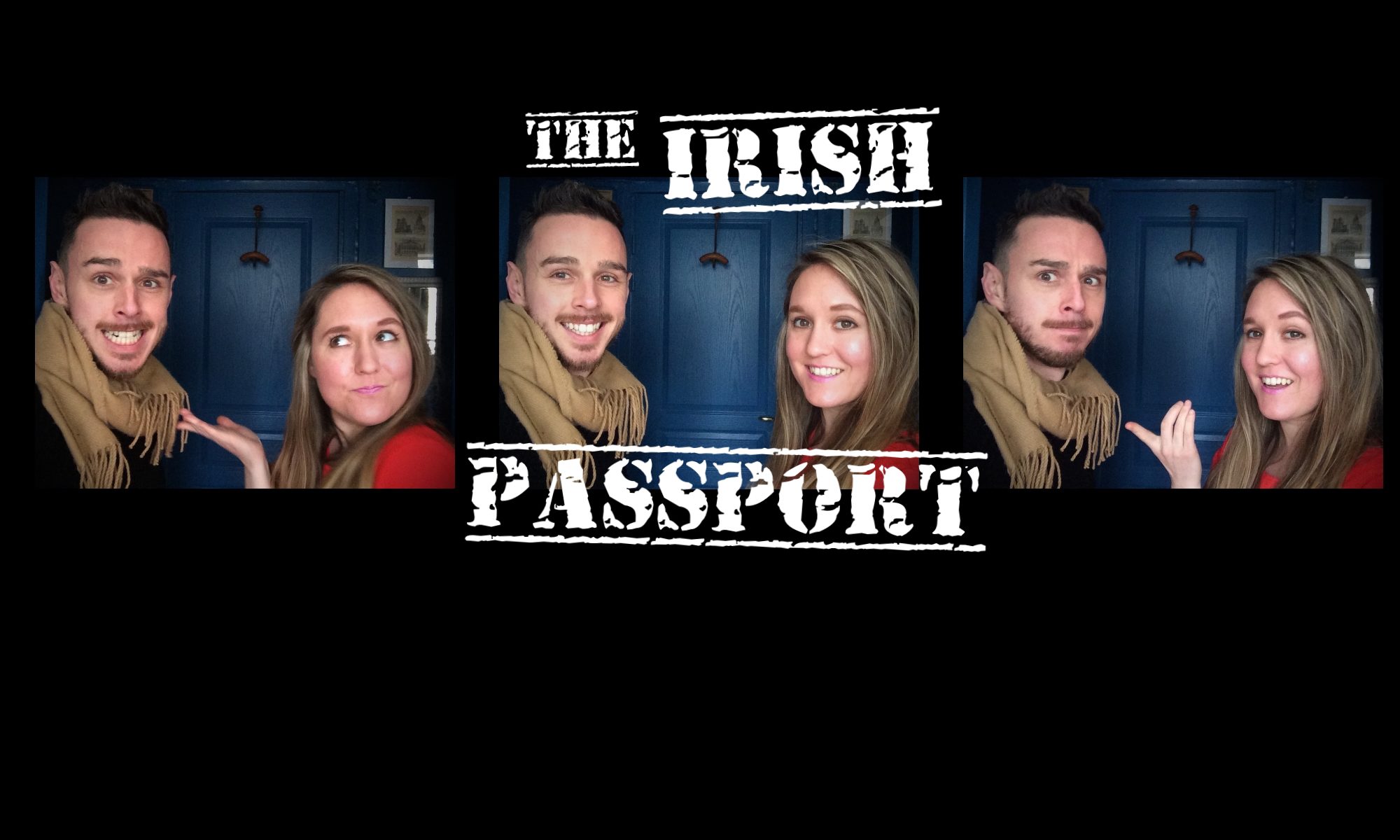
/
RSS Feed

 Ireland’s great famine was the worst peacetime disaster in 19th century Europe. It shaped both Ireland and the world. And it remains such a political bombshell that people still can’t agree on what to call it. Naomi O’Leary and Tim Mc Inerney explore the hidden history of the mass starvation, from its little-known role in the origins of modern journalism to its surprising link to a Native American tribe. Tim discovers a piece of 1840s Ireland in the middle of Manhattan, while Naomi asks what lessons should be applied to current events today.
For bonus episodes, support us on Patreon https://www.patreon.com/theirishpassport.
Follow us on Twitter and Facebook: @PassportIrish.
Featuring Cello Duet No. 1 by Chief Boima
Support this podcast
Ireland’s great famine was the worst peacetime disaster in 19th century Europe. It shaped both Ireland and the world. And it remains such a political bombshell that people still can’t agree on what to call it. Naomi O’Leary and Tim Mc Inerney explore the hidden history of the mass starvation, from its little-known role in the origins of modern journalism to its surprising link to a Native American tribe. Tim discovers a piece of 1840s Ireland in the middle of Manhattan, while Naomi asks what lessons should be applied to current events today.
For bonus episodes, support us on Patreon https://www.patreon.com/theirishpassport.
Follow us on Twitter and Facebook: @PassportIrish.
Featuring Cello Duet No. 1 by Chief Boima
Support this podcast 

Thanks for a great episode! As one of the 70 million (?!) descendants of the Irish diaspora, I’m wondering why we in North America keep referring to it as the ‘potato famine.’ You mentioned that you thought it was trivializing, but while it is oversimplifying, I wasn’t aware growing up that anyone used the term to trivialize. Do you think the term took root because of the peasant immigrants’ focus on the proximate cause of their hardship and a limited understanding of the structural and political causes of the hunger? Or could it be the result of the earlier Scots-Irish immigrants, who, as part of an earlier wave of immigration were presumably better placed in society to exercise discursive control and likely shared the views of much of the English Protestant elite at the time (and thus put the blame on the ‘ignorant potato-planting peasants’)? Or both? I realize that this could form the basis of a semiotics dissertation, but I’m curious if you have any insights…
Thanks Naomi for a fascinating and insightful piece
Hi Denise, thanks for your comment!
It would be definitely interesting to know why this term became popular in the United States and the UK, but not in Ireland. It could have been as simple as one popular school textbook using the term to aid students’ memory. Some, however, have seen its continued use as a studied attempt to pass off blame for the famine onto the potato alone. Certainly, as a historical term it can be very hindering: a common question among students is “Why didn’t the Irish eat something else?” – which shows how much the term can steer understandings away from historical reality.
In British-Irish relations, the term also has a slightly condescending dimension: in Victorian Britain the potato was a low and somewhat ridiculous vegetable and featured strongly in anti-Irish caricatures and propaganda. Elements of this have lingered on until relatively recently, and there is a sometimes uncomfortable closeness between anti-Irish jokes and the idea of a Potato Famine, which can add to an implicit sense of dismissal.
According to Professor A.Boyle who is a Professor of International Law what happened in Ireland in 1845-1852 was genocide.
Churchill removed all the food from Bengal in 1943 and between 2 and 10 million people were starved to death.The British called this a famine.
It appears that most of the victims of “the hunger” were poor Native Irish peasants. A true famine would have affected a broader segment of the society — it did not.
Do not let the “British” (or the Catholic clergy) define this as a ‘potato famine’ . This was a deliberate and quietly planned ethnic cleansing (or genocide). The plan was to force as many native Irish to leave Ireland as possible. They would be replaced by English or Scottish people — much like what can be observed in the “north” today. These settlers were installed in the most productive farming areas and the rest were quietly supported by the British government.